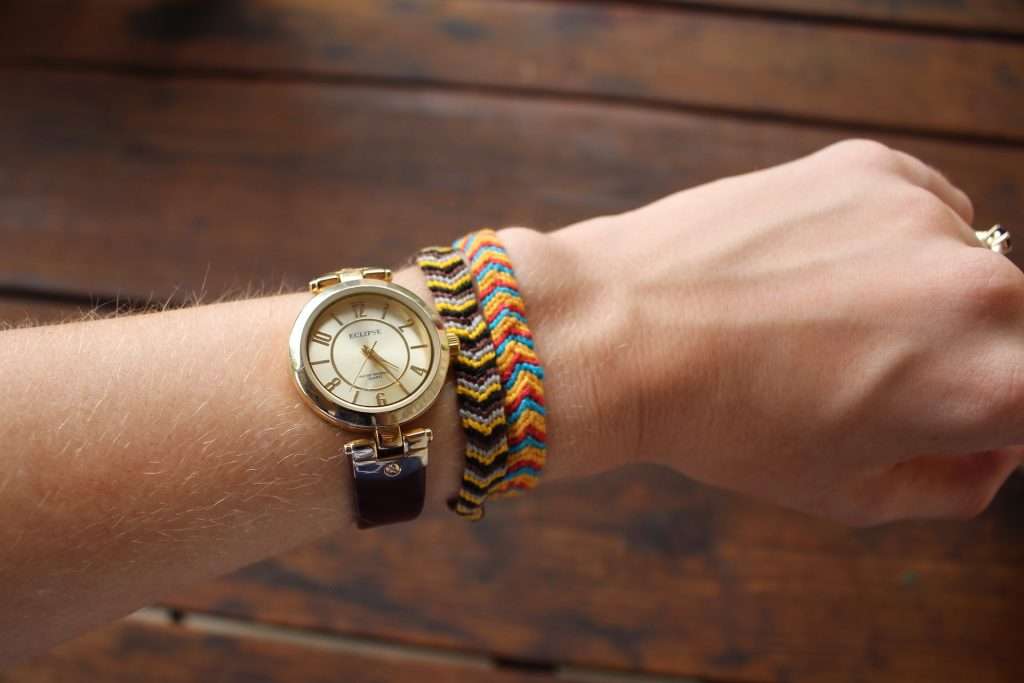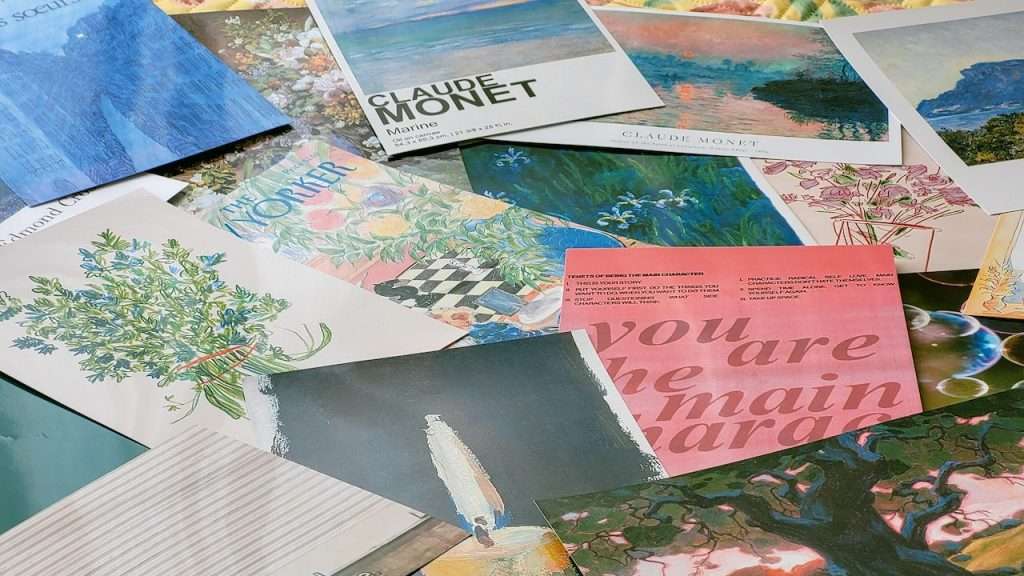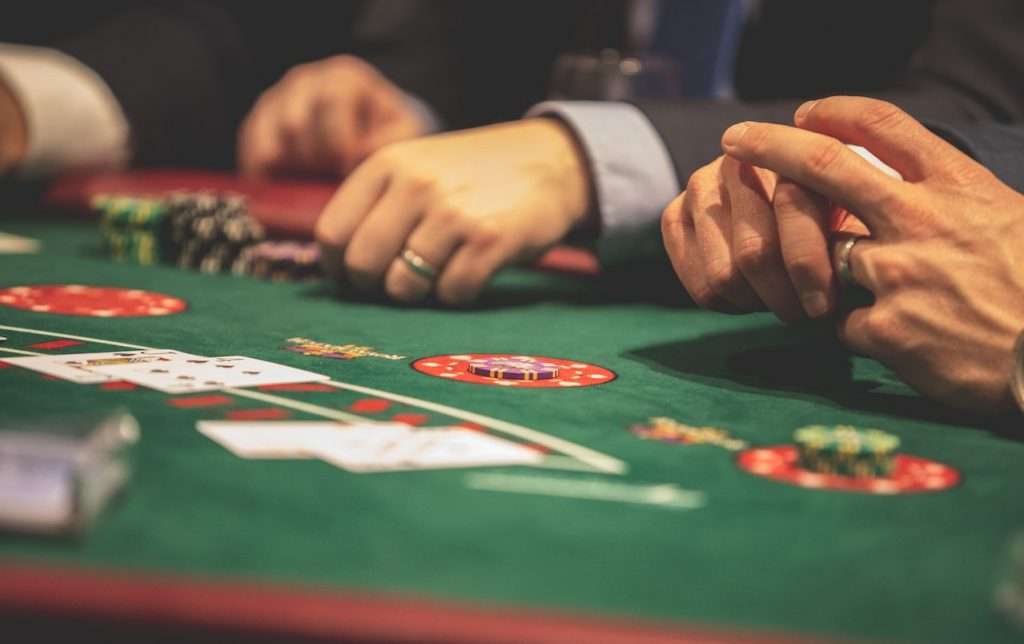As a seasoned traveler, I’ve had my fair share of incredible experiences exploring the world. However, I’ve also learned that while travel can be enriching and fulfilling, it’s essential to stay vigilant and aware of potential scams that can mar our journeys. In this blog, I’ll share 21 common tourist scams in specific places around the world and provide practical tips on how to avoid falling victim to them. Let’s dive right in and empower ourselves with knowledge to protect our adventures!
“The Taxi Scam” – Common in Rome, Italy
In Rome, some taxi drivers may try to overcharge tourists by taking longer routes or tampering with the meter. To avoid this, use reputable taxi companies, ask locals for approximate fare costs, or opt for ride-hailing apps.
“The Distraction Trick” – Popular in Barcelona, Spain
Beware of friendly strangers who attempt to distract you with maps or petitions while an accomplice pickpockets your belongings. Stay cautious in crowded places and keep your valuables secure.
“The Fake Ticket Scam” – Found in Paris, France
Scammers near major attractions in Paris may offer discounted or fake tickets. Purchase tickets only from authorized vendors or official websites to ensure validity.
“The Unofficial Tour Guides” – Prevalent in Cairo, Egypt
Unofficial guides might approach you at historical sites, offering their services at lower prices. It’s better to book guided tours through reputable agencies to avoid any unpleasant surprises.
“The Temple Bracelet Scam” – Common in Bangkok, Thailand
At temples in Bangkok, scammers may try to offer “blessing” bracelets and then demand payment for them. Politely decline such offerings to avoid being coerced into paying.

“The Money Exchange Trick” – Frequently in Bali, Indonesia
Be cautious when exchanging money, especially on the street. Use legitimate currency exchange offices or banks to ensure fair rates and avoid counterfeit bills.

“The Tea House Scam” – Widespread in Beijing, China
Friendly locals may invite you for tea ceremonies that end with an exorbitant bill. Politely decline invitations from strangers and choose reputable establishments for such experiences.
“The Golden Ring Scam” – Encountered in Istanbul, Turkey
In this scam, a stranger drops a gold ring near you and then insists you keep it as a gift. They’ll later demand money for it. Avoid picking up items from the ground and walk away from such situations.
“The Fake Police Officers” – Seen in Buenos Aires, Argentina
Scammers posing as police officers may stop you on the street, asking to see your documents and then demanding bribes. Request to go to the nearest police station to verify their identity.

“The Friendly Souvenir Sellers” – Rampant in Marrakech, Morocco
While shopping in the souks of Marrakech, some sellers might appear overly friendly, but their prices could be inflated. Bargain respectfully and compare prices at different stalls.
“The Bracelet Scam” – Prevalent in Athens, Greece
Scammers might tie a “gift” bracelet around your wrist and then demand payment. Politely decline any unsolicited gifts or bracelets.
“The Shell Game” – Found in New York City, USA
This classic street scam involves guessing which shell hides the ball. Avoid these games as you’ll likely lose your money.
“The Petition Scam” – Common in Prague, Czech Republic

People might approach you with petitions for seemingly good causes, but they are designed to distract you while your pockets are picked. Stay alert in crowded areas.
“The Spill and Stain Trick” – Frequently in Rio de Janeiro, Brazil
Scammers might spill something on you and offer to help clean it up while an accomplice steals from you. Be cautious of strangers getting too close.
“The Flirtatious Con” – Encountered in Amsterdam, Netherlands
Individuals might strike up a flirtatious conversation, leading you to an establishment with inflated prices. Stay aware and choose your entertainment wisely.
“The Fake Attraction Closure” – Seen in London, UK
Scammers may falsely claim that an attraction is closed and offer an alternative, overpriced option. Verify attraction closures through official websites or local tourism offices.
“The Gemstone Scam” – Rampant in Bangkok, Thailand
Be cautious of deals that seem too good to be true on gemstones or jewelry. Only purchase from reputable dealers who provide certifications.
“The Friendship Bracelet Scam” – Common in Istanbul, Turkey
This variation of the bracelet scam involves tying a “friendship bracelet” on your wrist and then demanding payment. Politely decline any unsolicited gifts.

“The Fake Art Scam” – Prevalent in Florence, Italy
Beware of art sellers offering “authentic” works by famous artists at suspiciously low prices. Purchase art from reputable galleries or dealers.
“The Photo Op Swindle” – Frequently in Delhi, India
Scammers dressed in traditional attire might ask for photos with tourists and then demand payment. Politely decline photo requests from strangers.

“The Gambling Den Fraud” – Encountered in Las Vegas, USA
Avoid private gambling establishments promising better odds, as they are likely rigged. Stick to reputable casinos for a fair gaming experience.
By arming ourselves with knowledge about these 21 tourist scams and following the provided tips on how to avoid them, we can ensure safer and more enjoyable travels. Remember, being cautious doesn’t mean being fearful—it allows us to embrace the world with open arms while protecting ourselves from potential pitfalls. So, go forth and explore the wonders of our beautiful planet, equipped with the wisdom to navigate any tricky situations that may arise. Safe travels!
